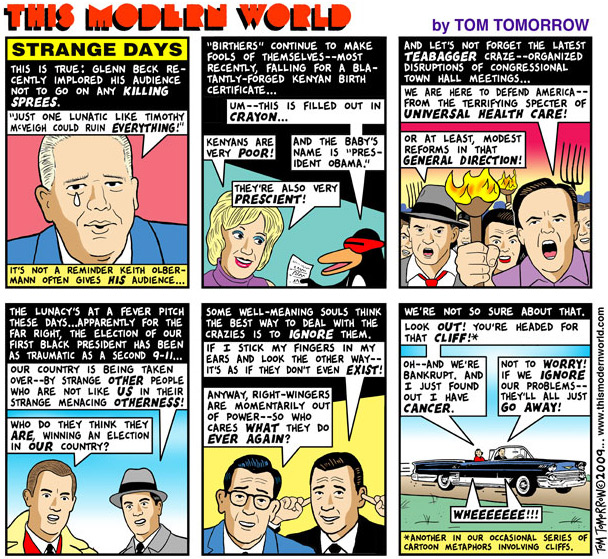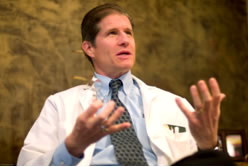Each year I put up the tree and begin to believe that it is magic. The room feels and looks warmer. Often, I’ve considered leaving it up all year as a symbol of joy, love, and happiness, but when I returned home last evening it hit me that it was not the tree as much as it was the carefully wrapped packages beneath it. Once they were gone, the room seemed void of its magic.
It hit me that those packages represented anticipation, love, and sharing in ways that truly touch your soul. Those acts of love represent the essence of that entire experience, price or cost don’t really matter. It’s the giving.
 I try to end every night by reading CarePages from a local children’s hospital website; stories of young children that have many times reached the end of effective treatment and are waiting to meet their destiny decades before their time might have been. The outpouring of the deep, soulful hurt that their parents, siblings, and grandparents are experiencing from this journey is always profoundly moving to me. In many of these instances, the only gifts that we have left to give them are our love and support. That, however, is not the case for the majority of our fellow men in this country.
I try to end every night by reading CarePages from a local children’s hospital website; stories of young children that have many times reached the end of effective treatment and are waiting to meet their destiny decades before their time might have been. The outpouring of the deep, soulful hurt that their parents, siblings, and grandparents are experiencing from this journey is always profoundly moving to me. In many of these instances, the only gifts that we have left to give them are our love and support. That, however, is not the case for the majority of our fellow men in this country.
It won’t be long until the final product of the healthcare reform effort will appear. We all know by now that it will be a patchwork quilt of sometimes horrendous compromise. We can also count on the fact that the negative rhetoric will reach decibel levels typically heard only when standing in close proximity to a jet engine. The pundits will parade up and down the isles of righteousness, and they will be spouting off their theories regarding what should have happened. At the end of the day, however, when we approach our bathroom and bedroom mirrors for that last inevitable look, we must all dig into our humanity and ask one very real question: “Will it be better for the uninsured than it had previously?”
As a former hospital CEO, it became evident to me in the first six months of my administrative training that only those without insurance were destroyed by the system. Only those who were not under Medicaid or an other insurance were hit with the awful burden of paying for everything at the full, retail price. The fallout was clear. Due to the risk of having to pay full costs to the hospital, they either were too frightened to go for treatment until it was too late, or they lost what little they had; their homes, their savings, and their possessions.
In a country with such unbelievable abundance, where not just the number but also the quality of the cars, clothes, and even pets that we own are held up as barometers of success, we have often allowed our fellow man to suffer and die for economic reasons.
That fact is no more obvious than at any children’s hospital in Pennsylvania, where you’ll see parents from conservative states where childhood transplantation surgeries were always denied, so as to avoid increased taxes. You’ll see these parents waiting in line to establish residency here so that they can at least have a chance to save their child’s life.
Regardless of your politics, regardless of the dysfunctional (mal-)functioning of our government, in which some of our representatives and senators have taken us to the brink of collapse due to their inability to co-operate; regardless of these issues, we are looking at the beginning of health care reform. I just pray that we don’t revert to the inhuman practices of our recent past.
It’s time for a human win.



 I have carefully observed organizations like Circuit City transition from model companies to bankrupt companies. They changed their incentive methodologies for their employees, stopped listening to them, and stood back and watched as those same employees undermined their sales by saying things like, “I don’t care what you buy. My check doesn’t change either way.”
I have carefully observed organizations like Circuit City transition from model companies to bankrupt companies. They changed their incentive methodologies for their employees, stopped listening to them, and stood back and watched as those same employees undermined their sales by saying things like, “I don’t care what you buy. My check doesn’t change either way.” Many organizations who embrace the various human dignity monikers such as
Many organizations who embrace the various human dignity monikers such as  Nicholas D. Kristof NYT photo
Nicholas D. Kristof NYT photo
 These are just a few of the very effective mechanism that can be introduced to create
These are just a few of the very effective mechanism that can be introduced to create 

 If we, as a country, do not believe that we are paying for these patients in some real way, then we are not cognizant of how the system is being contorted in order to allow hospitals to remain solvent. When you hear individuals complain about the
If we, as a country, do not believe that we are paying for these patients in some real way, then we are not cognizant of how the system is being contorted in order to allow hospitals to remain solvent. When you hear individuals complain about the 










